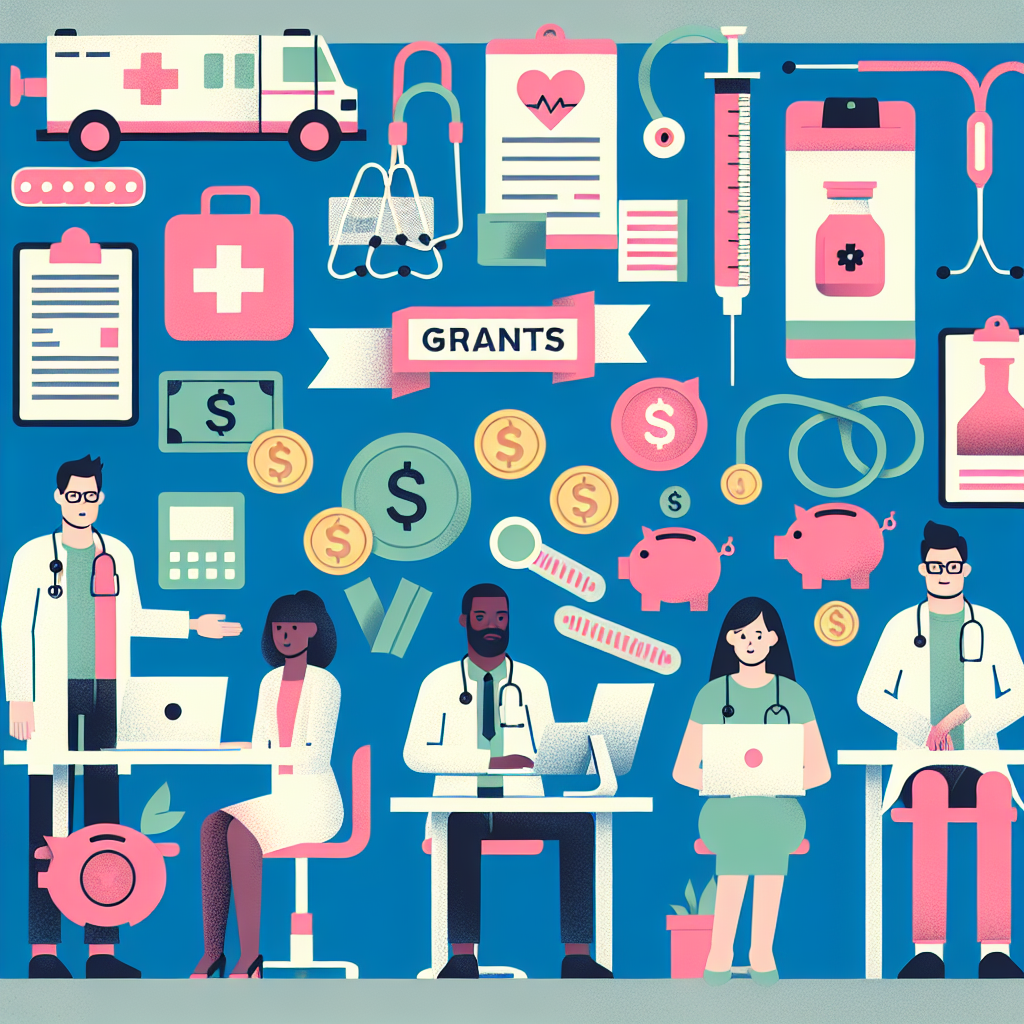Top Insights on Personal Grants For Healthcare Workers provide a concise roadmap for clinicians, aides, and allied professionals seeking non-loan financial help to cover emergencies, training, certification, or personal hardship. This article distills where to look, how to qualify, practical application tips, and ways to combine small grants with employer or government support so you can focus on patient care rather than paperwork.
Personal grants for healthcare workers: why they matter
Small, targeted grants can stabilize a caregiver’s finances during crises, help cover continuing education costs, and reduce burnout by addressing basic needs like childcare or transportation. Unlike scholarships tied strictly to degree programs, personal grants are often available to licensed and non-licensed workers alike and can be awarded quickly for urgent needs. Understanding the landscape helps you find the right fit and avoid wasting time on ineligible opportunities.
Types of personal grants commonly available
- Emergency relief grants: One-time payments for unexpected expenses (medical bills, housing, utilities).
- Professional development grants: Funds for certifications, exam fees, conferences, or short courses.
- Mental health and well-being stipends: Support for therapy, counseling, or wellness programs.
- Childcare and family support grants: Assistance to cover daycare, special needs care, or eldercare.
- Relocation and travel grants: For job-related moves or temporary housing when accepting new positions.
Where to find grants and who funds them
Sources vary from national agencies and professional associations to local foundations, unions, and hospital-based relief funds. Many government and nonprofit programs target workforce retention or are created in response to public health emergencies. For federal and programmatic grant details relevant to health workforce funding, consult authoritative program pages such as HRSA’s loan and scholarship resources for health professions at HRSA Loan Repayment & Scholarship programs.
In addition, some educational resource hubs and community lists publish cross-disciplinary funding leads that can include arts, humanities, and health-related awards — for example, catalogs of specialty opportunities like scholarships for art students demonstrate how niche lists are compiled and may inspire where to look for similarly curated healthcare grants.
Eligibility and documentation — prepare these first
Grant applications are quicker to complete when you have common documentation ready. Typical requirements include:
- Proof of employment or certification (pay stubs, licensure, employer letter)
- A short personal statement explaining need or planned use of funds
- Basic ID and banking details for disbursement
- Receipts or estimates for the expense you want the grant to cover
Application strategies that improve success rates
Follow these practical tactics to increase your chances:
- Target fits over quantity: Apply for grants that match your role and the stated purpose rather than mass-applying to every listing.
- Customize your statement: Briefly explain impact — how the grant enables continued work or reduces risk to patient care.
- Be concise and factual: Reviewers often screen many applications; clarity wins.
- Keep supporting docs organized: Upload PDFs with clear filenames and ensure totals match your request.
- Follow deadlines and instructions exactly; omissions frequently cause rejection.
Combining funding sources
Personal grants are frequently small and meant to be combined with other aid. Consider stacking: employer assistance, union relief funds, state workforce incentives, and targeted nonprofit grants. When permitted, mention in your application that you will pursue complementary support — transparency helps administrators allocate scarce funds fairly.
Red flags and cautionary notes
Beware of any program that requests payment or personal financial account access as a precondition for grant consideration. Legitimate grants do not require fees. Also, confirm tax implications: some grants can be taxable income depending on your jurisdiction and the grant’s purpose.
Key takeaways
- Personal grants can cover immediate needs and professional development to support retention and well-being.
- Look to government resources, local foundations, and employer programs first; use curated lists for niche leads.
- Prepare common documents, tailor your narrative, and combine multiple supports when needed.
FAQ
How quickly can I receive a personal grant?
Timing varies widely: some emergency relief funds disburse in days, while competitive grants tied to committees can take weeks to months. Apply early and indicate urgency when permitted.
Are personal grants taxable?
Tax treatment depends on local laws and the grant’s designated use. Many grants intended for personal living expenses may be taxable; grants used to pay for tuition or direct educational costs can be tax-exempt in some cases. Consult a tax advisor for specifics.
Can unpaid or part-time healthcare workers qualify?
Yes — many programs are designed for a broad range of roles, including aides, technicians, and part-time staff. Carefully read eligibility criteria and include employment verification or community involvement statements when required.



